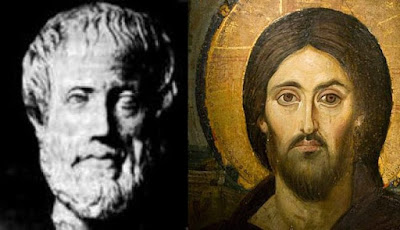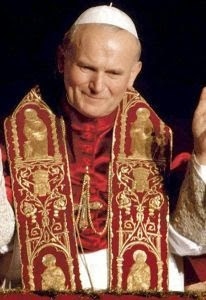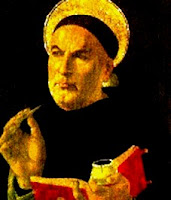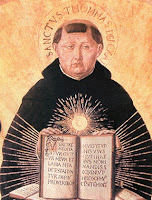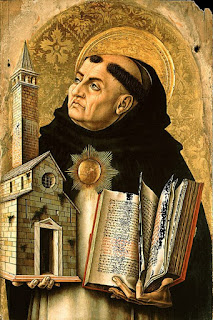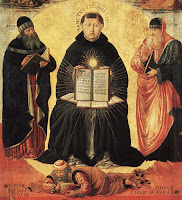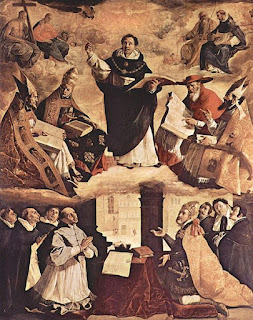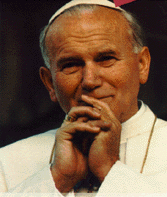Feast of the Transfiguration of Christ
August 6th, is the Feast of the Transfiguration of Our Lord. It was declared a universal feast by Pope Callixtus III in 1456 to commemorate the victory of Christian forces at the Siege of Belgrade. The Transfiguration is found in all three Synoptic Gospels (Matthew 17:1–9, Mark 9:2-8, Luke 9:28–36 describe it, and 2 Peter 1:16–18 refers to it). It is the only miracle involving Jesus exclusively. Prefiguring His Ascension and manifesting His Divinity, Jesus, is transfigured, becoming resplendent in glory upon Mt. Tabor. At that moment, Christ's interior Divinity and Beatific soul overflowed His body, so that Jesus shone as bright as the sun. The apostles Peter, who according to Aquinas, loved Jesus the most, James, who was the first of the Apostles to die for his faith, and John, who the Lord loved especially, were the only eyewitnesses. From the Gospel of Mark: Jesus took Peter, James, and his brother John, and led them up a high mountain apart by themselves. And he was transf

